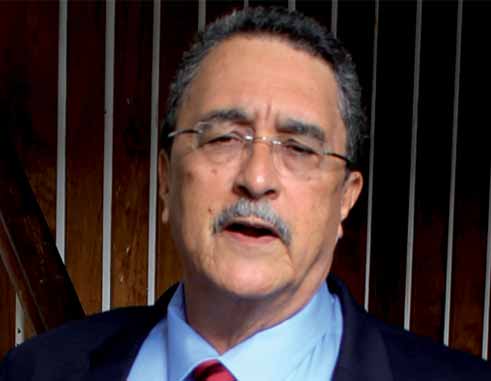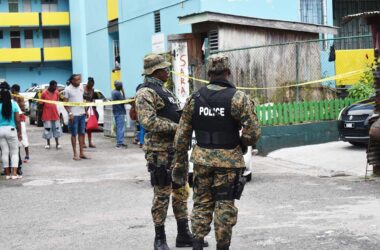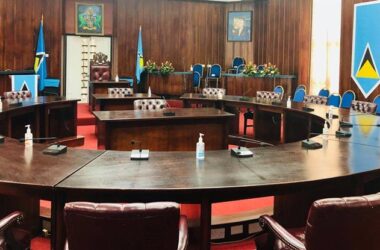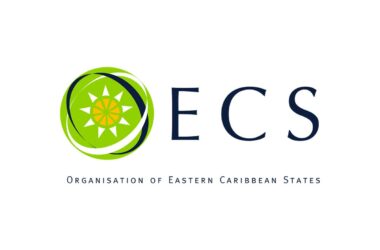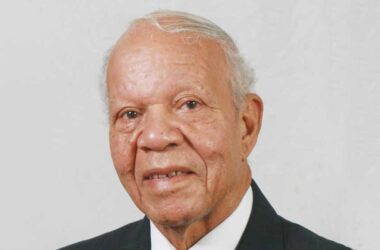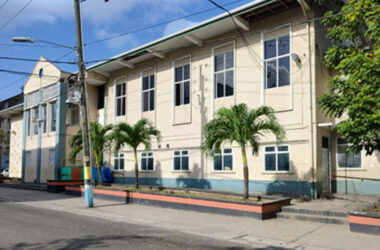THE ruling Labour Party is currently under severe pressure and the effects are beginning to show.
Whether it is Prime Minister Anthony’s recent television appearance with his press secretary on television, his meetings this week with the police rank and file or the spate of projects being announced by various ministries in recent months, it all signals awareness that the government recognizes that its public image is in need of a lift.
The factors responsible for this situation all centre around the quality of its governance during the past four years. Coming into office three years after the world economic crisis that battered economies, both large and small, it has failed in four successive years to effect any positive turnaround in St Lucia’s own fortunes and this failure has left scars that are now quite visible.
Unemployment is at a record high and after four years in office there is no sign of the promised massive investment programme that was intended to produce jobs for our people. As if this was not enough, St Lucians have had to face a number of fiscal impositions from VAT to utility and vehicle imposts, among others. Important facilities that were intended to provide greater comfort and care for the people, like the hospitals, have not come on stream.
The way the government treats its people has also become a factor with its refusal thus far to level with them on such troubling issues like the Grynberg matter, despite its potentially serious economic implications for St Lucia and repeated calls for the government to publicly address it. The government’s relations with the Royal St Lucia Police Force, especially with regards to the conclusions of the IMPACS report –whose integrity has been questioned–is also worrisome, although this week’s meetings with the lawmen may have gone some way in mending fences. At least this is our hope.
On top of all this is the government’s credibility: its inability to deliver on promises, whether we are talking about action on the IMPACS report, restoring the forensic laboratory that is considered crucial in the ongoing fight against crime or investigating the recent allegation of a plot involving a few policemen and others to “embarrass” or do whatever to the government, a plot the Prime Minister says was reported to him. After nearly a month of making that declaration, the public still awaits the details and findings.
The cumulative of all of this has been a widening of the pool of public discontent with the performance of the government that it has only recently begun to recognize.
It is unprecedented in the political history of St Lucia for two opposition parties— questions about the numerical strength of one of them notwithstanding—to plan protest marches over the performance of a government as we have seen this month. The fact that a divided opposition United Workers Party, without the slightest reputation for political militancy, has been able to muster hundreds of people in two marches should concern the government.
Whether there is still time for the government to turn things around depends on the government itself, which brings us to next elections. Dr. Anthony dares not present a budget in 2016 that does not report positive economic growth, a generous decrease in unemployment levels, new investments to spur economic recovery, and measures to ease the economic and social hardships facing St Lucians, among other things. Indeed, the feeling is that he cannot risk another “bad news” budget with an election due.
As we tend to say, Dr. Anthony and his government have their work cut out for them.


